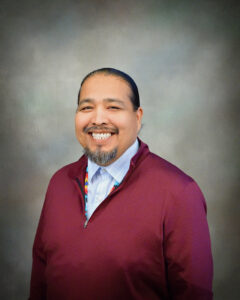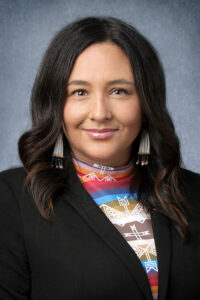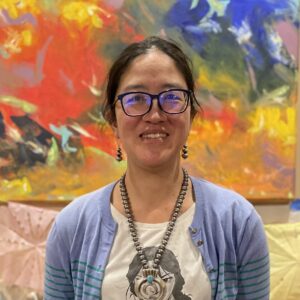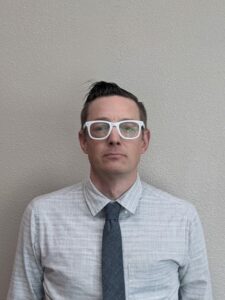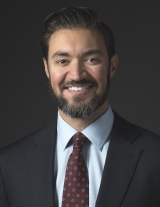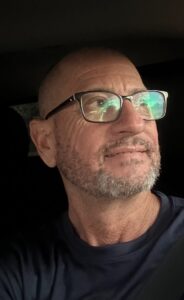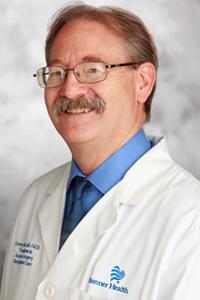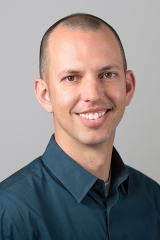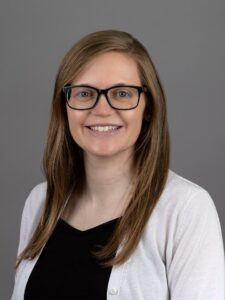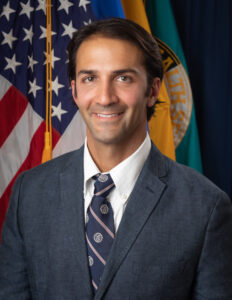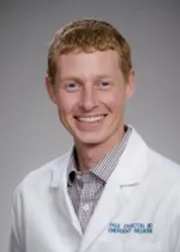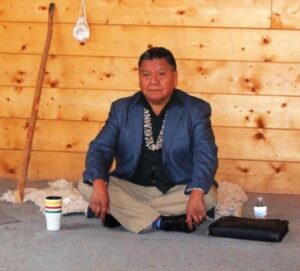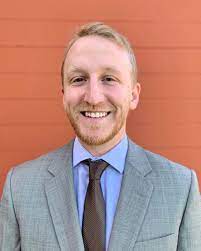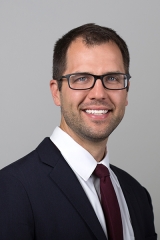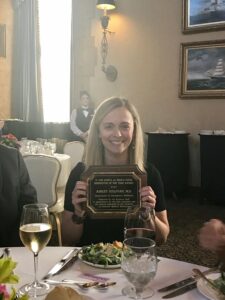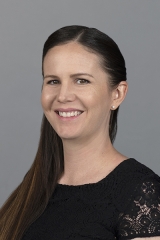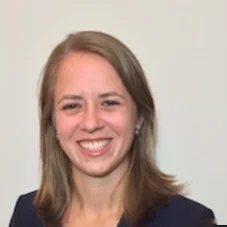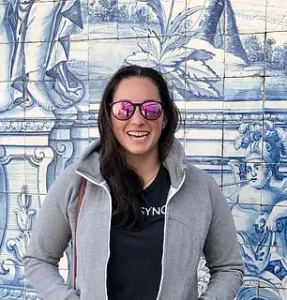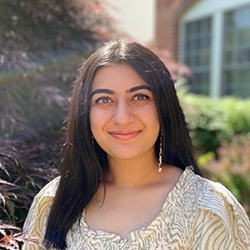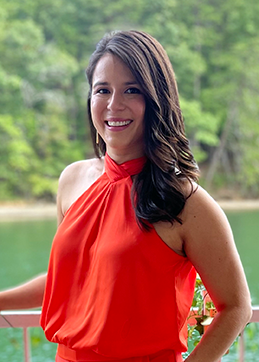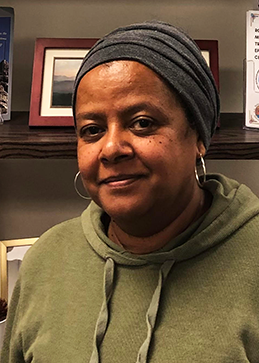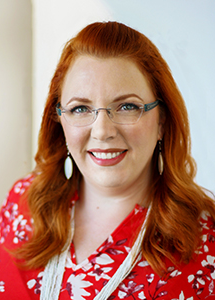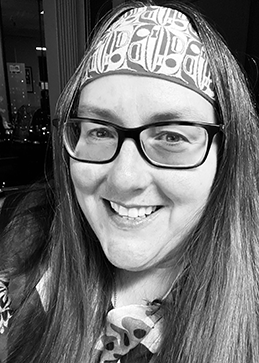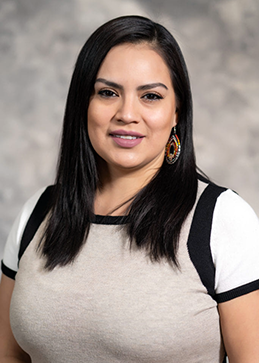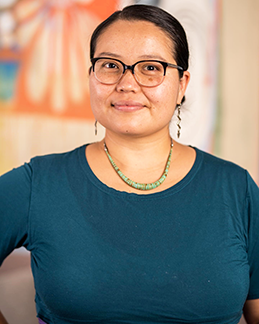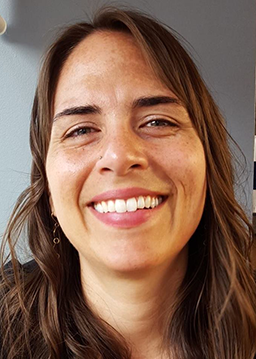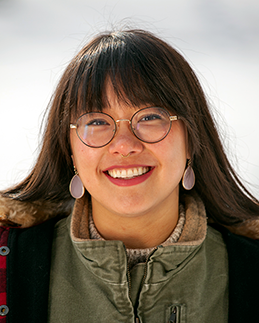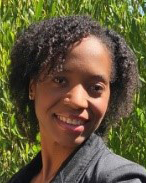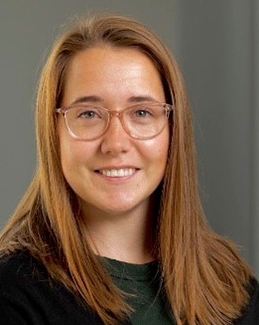Setting Recovery in Motion
Providers who treat patients experiencing substance use disorders (SUDs) know the importance of that moment when a person moves from contemplating change to actively seeking recovery. To support pregnant patients at this important change point, staff at the Recovery Care Program at Red Lake IHS Hospital worked to expand service offerings and break down barriers to care.
Integrating Medication-Assisted Treatment Into Prenatal Care
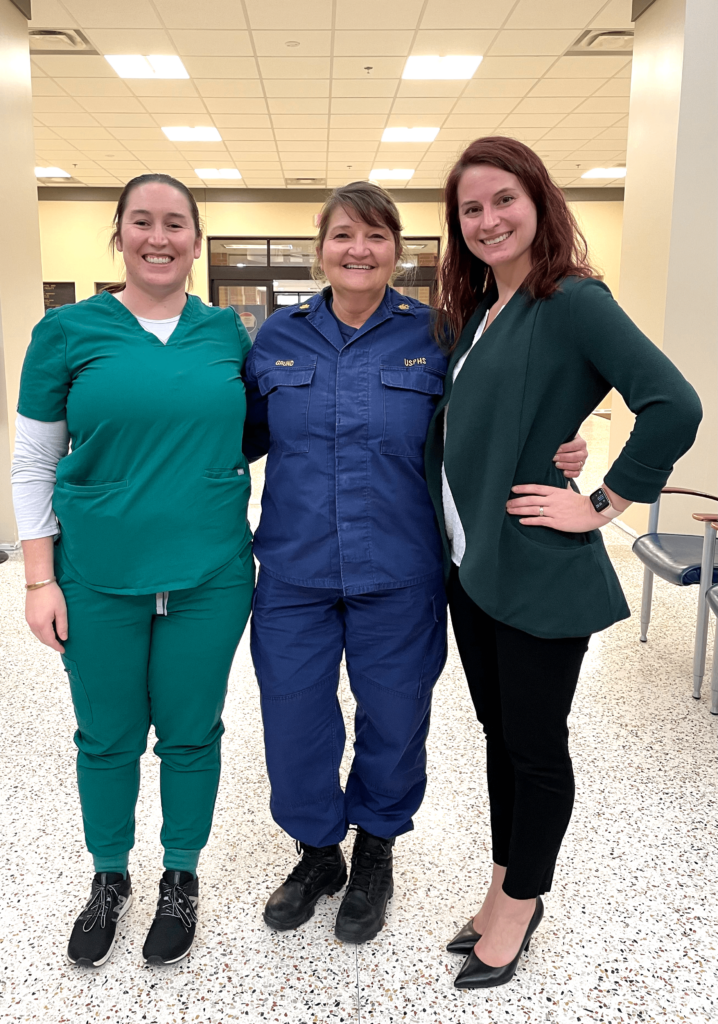
In 2017, Red Lake IHS Hospital staff saw long lag times between when pregnant patients with SUDs were initially referred to treatment to when they were finally able to access care. According to Dr. Kari Josefson, a family nurse practitioner, “patients would come in to primary care highly motivated, but as days or months went by, their motivation waned. We knew we needed to fill that critical gap.”
In 2018, Kari began taking trainings on prescribing buprenorphine to pregnant women; however, she knew that in order to start an effective MAT program, she would need to convince other providers that they too could initiate MAT. “We had to get buy-in,” Kari explained, “because without it there would be no way to get people into care quickly.”
After two years of laying the groundwork and getting other providers on board, Kari received a grant to start a prenatal Recovery Care Program. With this funding, Nikki Larsen, a registered nurse, and Teresa Grund, a clinical pharmacist, were hired. As a Care Coordinator, Nikki began offering patients rapid assessment and connection to a comprehensive body of services, including behavioral health, social work, primary care, spiritual services, and tribal programs that teach parenting skills and offer childcare, food, baby products, transportation, and housing. As a pharmacist, Teresa acted as a physician extender and was able to get pregnant people started on treatment while they were waiting to be connected with outpatient providers.
Responding to COVID-19 with Innovation
With the onset of the COVID-19 pandemic, overdoses increased, including overdoses among pregnant people. Seeing this trend, the Recovery Care Program team recognized an opportunity to serve patients at a critical time when they were motivated to seek treatment. They reached out to the ER, where most people with overdose first landed, and encouraged ER staff to contact the Recovery Care Program, now equipped to start patients on medications, if appropriate, and connect patients with an established network of medical and social service providers. “Our goal,” said Teresa “was to encourage hospital staff to engage patients in treatment the moment they were ready, wherever that was – the ER, primary care. We met patients where they were at, without judgment. And we continue to do that today.”
A Hub and Spoke Model
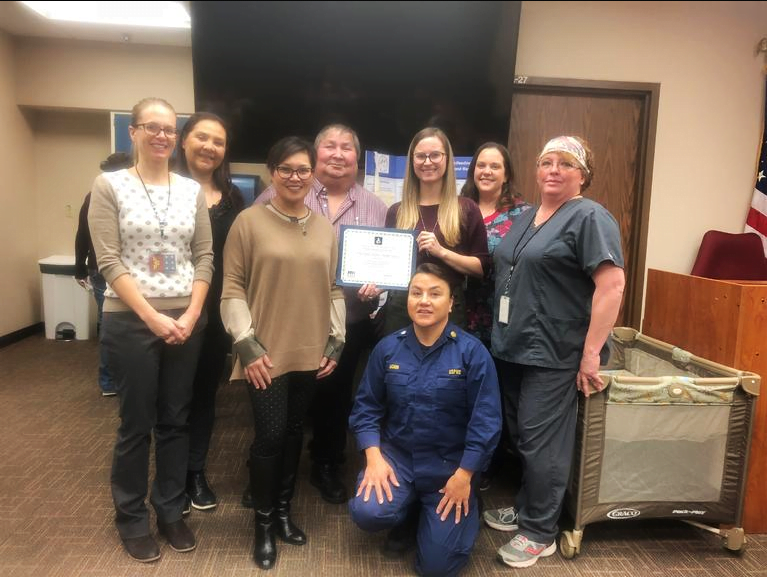
“We receive calls daily from multiple sources,” Teresa explained while discussing how the Recovery Care Program has expanded referral partners beyond the ER. “We have become the ‘hub’ in a hub and spoke model.”
To become an effective “hub,” one of Nikki’s roles was to create relationships with all the “spokes.” Nikki prioritized connecting with providers and external partners. “I just started calling community, tribal, and state partners and going to tribal events, introducing myself and what we do, and asking other service providers what they offered. Little by little we grew our network, built trust, and spread the word about the program,” said Nikki.
Teresa estimated that referrals increased by 300-400% once the team made connections with several tribal programs. “It’s a very word of mouth kind of process,” Teresa emphasized. “Those community connections are really important and made the difference.”
Lessons in Breaking Down Stigma
The Recovery Care Program team emphasized the need to break down multiple layers of stigma starting with healthcare providers. As Teresa explained, the team needed to work with ER staff and detail why promoting MAT was in the best interest of the ER and may reduce the revolving door of overdose admissions. “This is someone’s daughter, this is someone’s brother, this is someone’s mom. They are a person, and they deserve quality care,” said Nikki. “They are struggling and deserve access to what every patient has.”
In addition to reducing stigma among providers, reducing internalized stigma among patients is essential. “We tell every patient that substance use disorder is a chronic disease,” said Kari. “You didn’t choose to get addicted to this drug. There has been a chemical change that happened in your brain. It is going to be a challenge, and we are here to help you.”
One significant change in language the team and partner organizations collectively instituted was telling pregnant patients that they were going to make a “referral” to child and family services rather than telling them that they were going to “report” them. This change in language reduces blame on parents. It also more accurately reflects the goal of child and family services, which is to provide services to keep families together.
Meeting Patients Where They Are At Lifts Burden
The Red Lake team’s approach to care is paying off. In the last 6 months their program has seen another large increase in patient population- largely based off of word of mouth referrals from patients and providers from across the reservation. “When you are able to share with patients that ‘we can help you here and now,’ you see the weight being lifted off their shoulders,” said Kari. “It’s an amazing feeling.”

To enhance your ability to screen, treat and manage patients experiencing substance use disorders, join Indian Country ECHO’s virtual SUD clinics. Here you will participate in didactic and case presentations, receive recommendations from peers and a multidisciplinary team of specialists, and join a learning community of dedicated I/T/U providers committed to growing clinical capacity so every patient across Indian Country receives the care they deserve.
